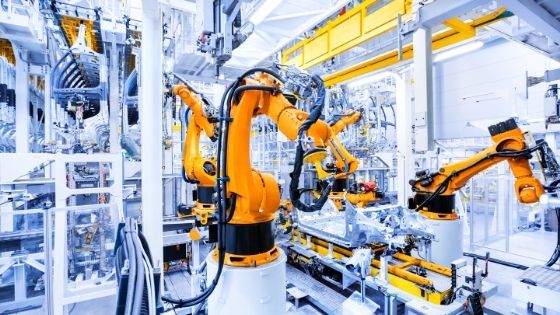The idea of automating tasks previously carried out by human workers has been around for centuries, but it is only in recent years that the likelihood of this movement impacting a wide swathe of industries has started creating headlines worldwide.
When comparing the impact of the best professional services automation software to non-automation methods, it’s evident that while critics may foresee challenges, the best professional services automation software can offer substantial improvements to workplace efficiency and outcomes.

Safety implications
Perhaps the most important perk of automation from a worker’s perspective is that it is already being used to reduce the dangers that humans face in a number of potentially hazardous environments.
Using automation to avoid injuries in everything from manufacturing to mining is making it possible for the number of workplace deaths and injuries to be reduced significantly year on year.
While flesh and blood team members might previously have needed to risk their safety on a daily basis, robotic machinery that can be operated remotely means that the most taxing duties are offloaded to pieces of equipment that can suffer damage and be repaired with ease.
Of course automation is not just useful in a safety context when considering heavy industry and roles which are conspicuously dangerous for humans; it can also come into play in more sedentary workplaces. Using software and hardware to automate office admin tasks avoids placing the levels of wear and tear on workers’ bodies that were inevitable in the past.
Furthermore the rise of self-driving vehicles is opening up a whole new era of safety in the transport sector, which has traditionally been seen as another of the riskier prospects from an employee point of view.
Anticipated issues & counterarguments
The main gripe that naysayers put forward when discussing automation is that jobs will be lost as robots enter the fray in place of human staff.
Tens of millions of positions could be rendered redundant in manufacturing alone over the next decade, according to some studies.
However, it is also worth noting that while experts recognize the unavoidable shake-up that the employment market will undergo in the coming years, many also believe that automation will help to create and preserve millions of jobs as well, allowing it to become a net benefit to the global economy.
In the short term, it seems like jobs which involve a significant amount of repetition will be targeted by automation first and foremost, while human-facing roles in industries like education, hospitality and entertainment are far less exposed to the changes that are already being felt.
Future prospects
Like it or not, automation is coming and as with any significant shift it will have its mixture of positive and negative aspects to consider when weighing up its impact.
It is certainly worth restating that the safety benefits it brings to the table, as well as the potential to generate new jobs in as yet unforeseen areas, should be enough to assuage initial concerns.
